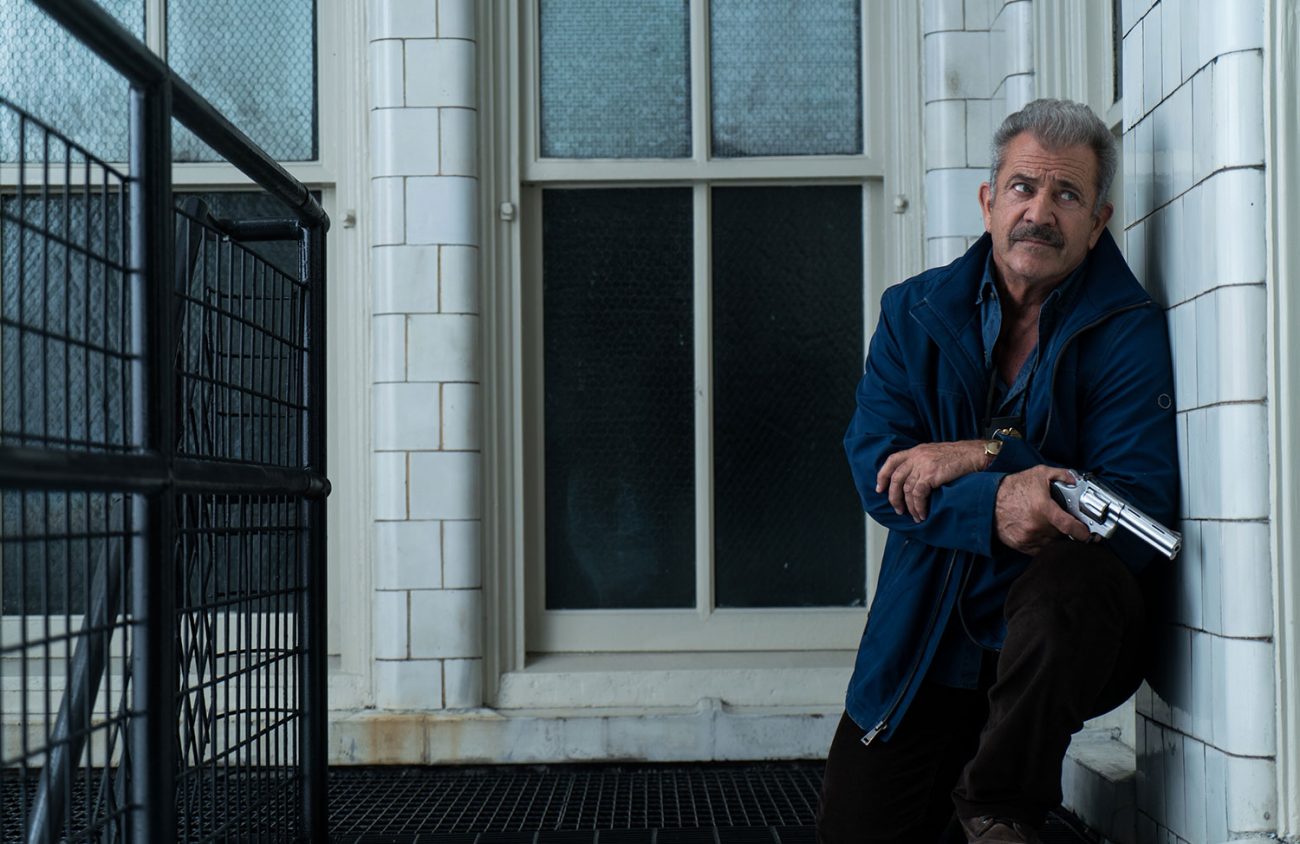Keeping things simple, let’s assign the most recent advent of American independent cinema to a single movie, Steven Soderbergh’s 1989 debut Sex, Lies, and Videotape. Granted, this is a somewhat arbitrary designation, and yet that stark, downbeat film seems, in retrospect, to have heralded a new generation of auteur filmmakers who, forsaking big budgets and formulaic hash, worked to re-establish movies as true art without losing one jot of their entertainment value.
Along with Soderbergh came a slew of young filmmakers who, for all their renegade techniques and streetwise hep, looked like the second coming of Roger Corman’s kids: Gus Van Sant, Quentin Tarantino and Richard Linklater, to name but a notable few. Like Martin Scorsese and Robert Altman before them, these innovative directors injected their work with a raw energy and instinctive intelligence that helped re-establish film as a legit form of avant-garde pop art.
And, as Tarantino, Van Sant and others of their ilk have entered the mainstream, the risk and revelation they first confronted us with have been absorbed and neutralized, their stylishness turned into cinematic tropes we all know like the back of our hand.
Watching writer/director S. Craig Zahler’s latest film, Dragged Across Concrete, I felt the same jolt of excitement I received when I came across Tarantino’s Reservoir Dogs in 1992. Unlike Tarantino’s excellent heist film, however, which unspools in flashbacks with an unhinged energy, Zahler’s heist caper takes its sweet time, delivering itself unto a remorseless wrenching up of suspense that explodes only after every side street and alleyway is investigated.
“It’s a bad idea,” Anthony Lurasetti (the inimitable Vince Vaughn) tells his partner, Brett Ridgeman (Mel Gibson). “It’s bad for you and it’s bad for me. It’s bad like lasagna in a can.” These two New York cops, having been suspended after a video of their recent “brutal” arrest has been released to the media, are contemplating robbing a big-time criminal they’ve been tipped off to. They have their reasons. Everybody in Dragged has his reasons, and they are neither good nor bad.
One of the unusual strengths of this film is precisely that: It delves with intimate detail into the humanity of each character, revealing the social and economic forces that drive them, individually and collectively, to such desperate measures. A sticky web of fate catches up each person involved in this intrigue, until actions are revealed as being at once inevitable and avoidable — the cosmic compound error of life itself. And as that web slowly collapses upon itself over the course of the film — delving into narratives that seem pointless until their point is devastatingly driven home — you find yourself rooting for everyone and no one.
The cast is fantastic — especially Gibson, who delivers his best performance in years. The dialogue is blistering, and so beyond that pale of propriety that it gives Martin McDonagh a run for his money. Zahler’s pacing is patient and yet jittery, like watching a high-speed, multi-vehicle wreck in excruciating slow motion; he trusts the audience to trust him, which is a rare quality in a young director. The whole look and feel of the film is shadowy and decayed, shot through with a sense of cosmic reckoning — imagine Michael Mann’s vision of L.A. minus the steely surfaces and neon shine, and you’re approaching Zahler’s perspective on the modern urban jungle.
Side characters appear and disappear, some for good, while others suddenly reappear with a new, startling significance. One such is Henry Johns (Tory Kittles, so good), an ex-con who becomes a driver in the heist the cops accidentally stumble upon. Johns, struggling to support his strung-out mother and disabled brother, becomes the mirror image of Gibson’s character, a financially strapped cop with a sick wife and aggrieved teenaged daughter who can’t afford to move his family from their besieged neighborhood.
“It’s all cotton candy,” Vaughn’s character says several times, a statement that takes on an increasingly ominous meaning as the plot unfolds: Like that spun confection, the sweetness disappears, leaving corrosion in its wake. Dark, violent and, at times, wickedly funny, Zahler’s film harkens to the golden era of independent film — from Dog Day Afternoon to The French Connection, from The Wild Bunch to Taxi Driver — though it’s hardly an exercise in simple nostalgia. Dragged Across Concrete is very much of the here and now: an existential crime thriller whose slow boil signals a social breakdown that feels all too real. (Broadway Metro)
